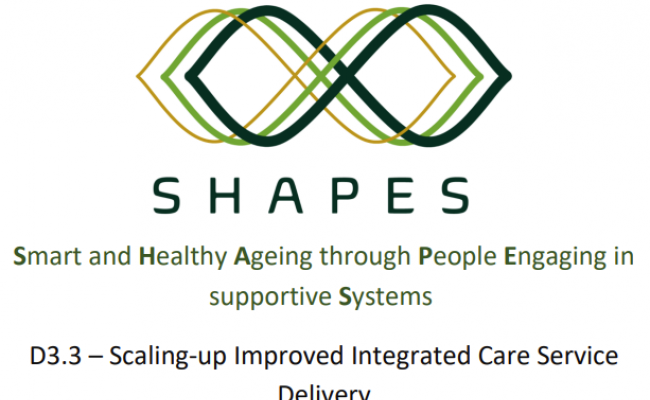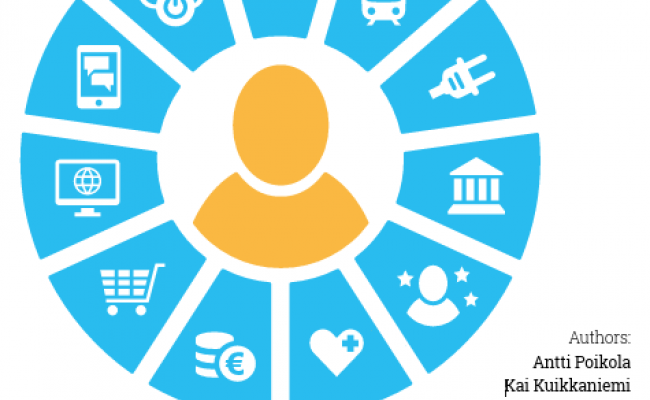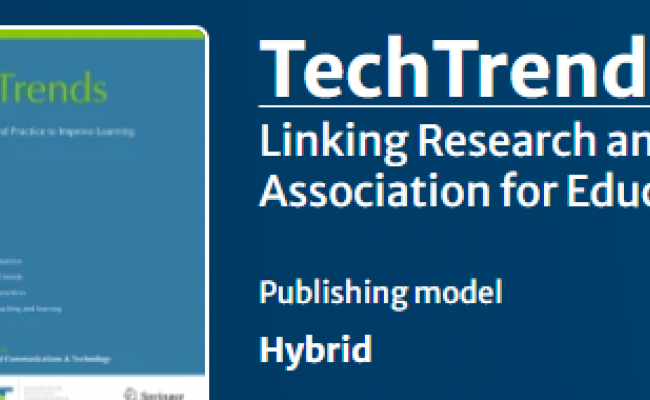Cancer: Working with Europe's Beating Cancer Plan
Cancer: improving the lives of more than 3 million people by 2030 through prevention, cure and for those affected by cancer including their families, to live longer and better. Cancer affects everyone regardless of age, gender or social status and represents a tremendous burden for patients, families, and societies at large.
According to the European Cancer Information System, each year 2.7 million people are diagnosed with cancer and 1.3 million lost their lives due to this disease in Europe. If no further action is taken, the number of people newly diagnosed will increase to more than 3.24 million by 2040.
The EU Cancer Mission has defined clear and ambitious objectives to reverse these frightening trends.

Engaging families affected by ovarian cancer
This journal article demonstrates how citizen science can be effectively scaled within the health sector by engaging families affected by ovarian cancer in developing genetic service outreach strategies. It outlines standardised methods for recruiting, training, and supporting citizen scientists to collect and interpret data, enabling broad, community-driven data collection in a relatively short timeframe. The approach showcases the scalability of citizen science beyond environmental fields, offering a model for applying participatory research in health promotion and genetic counselling initiatives.

Fostering citizen engagement with the PATIO health guide
This resource from conference proceedings highlights the scalability of citizen science by leveraging technology through the development of the PATIOSpots app, designed to support prostate cancer patients and caregivers. By employing a co-design and co-creation process with affected individuals, the project illustrates how citizen engagement can be expanded to create personalised, user-driven health resources. The approach demonstrates a replicable model for involving citizens in health research, with the potential to scale across different medical conditions and regions.

Scaling-up Improved Integrated Care Service Delivery
This report from the SHAPES project provides a validated framework and self-assessment tools for deploying and upscaling person-centred digital health solutions. By identifying critical success factors for integrating technology into real-world care ecosystems, this resource offers practical, transferable strategies that can be applied to citizen-driven health monitoring, lifestyle interventions, and support systems.

MyData: an introduction to human-centric use of personal data
This white paper provides a foundational model for empowering individuals with control over their personal health data. By promoting data portability, transparency, and human-centric governance, the MyData approach facilitates the secure and ethical sharing of personal data across sectors and platforms. This people-powered approach aligns with the EU Cancer Mission's, not only through scientific breakthroughs but also by fostering community engagement, personalized interventions, and more responsive healthcare systems.

Design, Development and Evaluation of the Citizen Science Cancer Curriculum (CSCC): a Design and Development Case Study
The Citizen Science Cancer Curriculum (CSCC) described in this case study offers an open, evidence-based, and modular training program designed to empower citizens to contribute meaningfully to cancer research. By integrating storytelling, self-paced learning, and community engagement principles, the curriculum supports wide replication across regions and institutions and enables more people, including patients and caregivers, to actively participate in cancer prevention, research, and care improvement efforts.